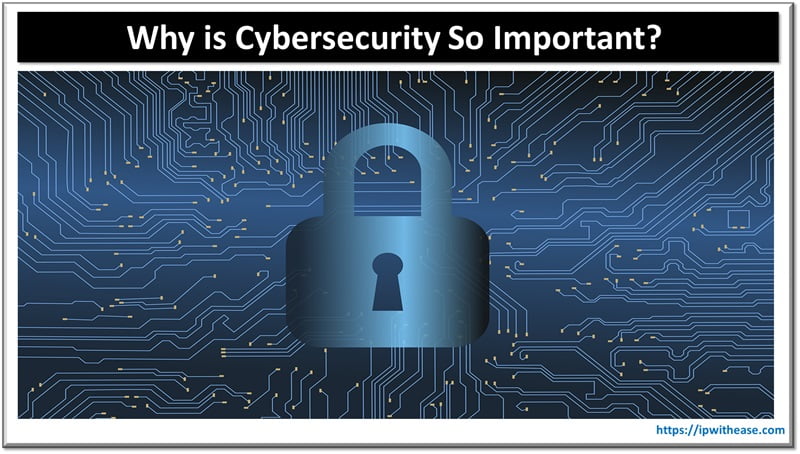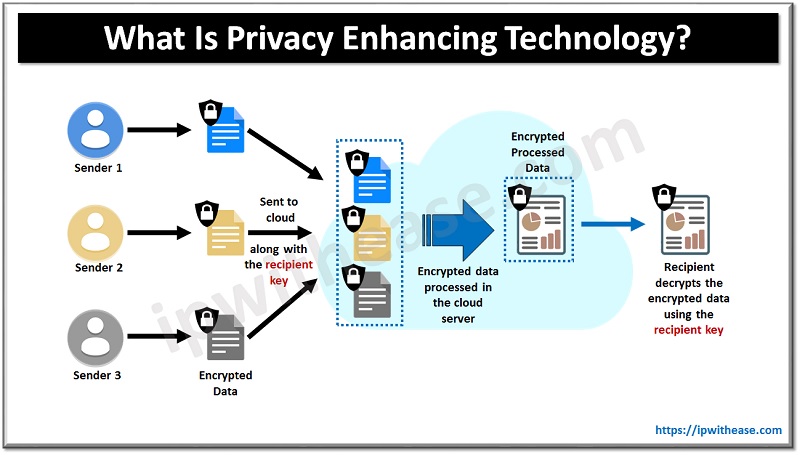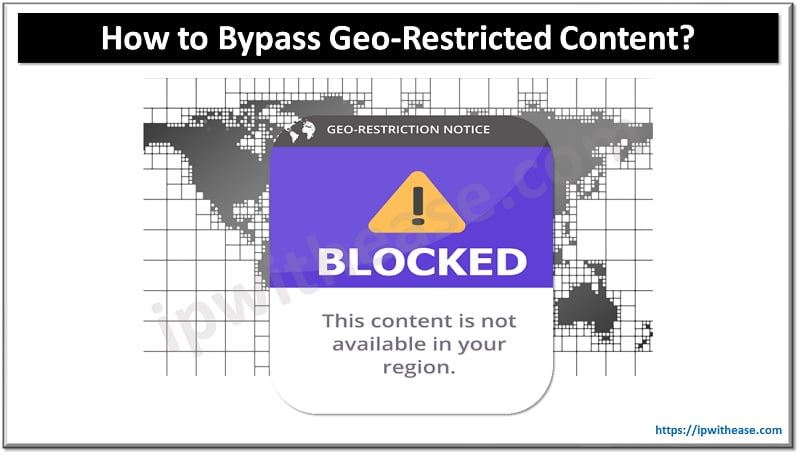Table of Contents
Cybersecurity is something that keeps the world from descending into chaos. Staying protected online is and should be on everyone’s priority list. It doesn’t matter if you’re just a casual internet user or your job depends on it.
You might understand the importance of cybersecurity, but that doesn’t always mean you know which steps to take to remain protected. And that’s okay. There’s nothing a little research can’t fix. The truth is that there are so many cybersecurity and software tools to choose from. So, it might be a little overwhelming to make the right decision.

Why is Cybersecurity So Important?
No matter how much we love the internet, it is filled with potential threats. Those threats include malware, phishing attacks, data breaches, and even identity theft. Since we can’t stop using our digital devices, our personal and financial information becomes a target for hackers. So, cybersecurity is a concern not just for huge corporations but also for the average person. Keeping your data safe and protected with the right cybersecurity measures brings you closer to safe internet usage and peace of mind.
Cybersecurity Measures That Actually Work
You might be confused about what works best when it comes to online safety. You’re not the only one. After all, taking the right measures makes all the difference in the world. Here are some of them:
Antivirus Software
You need antivirus software as a first line of defense against malware and viruses. It scans your devices, detects threats, and takes care of them before they do damage. Many people think they can get by without one. But they’re wrong. Having up-to-date antivirus software is basically the same as having a security guard for your digital world.
Firewalls
A firewall’s job is to serve as a barrier between your device and external threats. It has a say in what type of traffic enters and leaves your network. What’s important to know is that you need to set up your firewall correctly. This can be a built-in firewall on your operating system or a more advanced third-party solution. Firewalls are incredible at blocking unauthorized access attempts. They also prevent malware from spreading between devices on a network.
Two-factor authentication (2FA)
You’ve learned that weak passwords are easy targets for hackers. But even more complicated ones won’t stop them if they somehow steal your login information. Two-factor authentication works its magic by adding a second verification form to the login process. It’s usually in the form of a code sent to your phone. This way, even if hackers have your password, they won’t have the code to gain access. So, do the right thing and enable it on your email, social media, and financial accounts. It’s pretty much one of the simplest yet most effective ways to increase your security.
Virtual Private Networks (VPNs)
You might be wondering what is a VPN used for. A VPN encrypts your internet connection, making it impossible for bad actors to snoop on your online activities. This is especially helpful when you use public Wi-Fi. Such public networks are notorious for being unsafe, but you won’t have that issue with a VPN on your side.
It also allows you to mask your IP address and access geo-blocked content. Talk about watching all the amazing and fun content you want. What a versatile and convenient tool, right? Also, you might notice that some websites and apps are restricted when traveling. It’s no problem for a VPN to bypass these restrictions and give you full access to the web.
Related: What Is Threat Hunting? Everything You Want to Know
Cybersecurity Tools That May Not Be Worth It
In life, some things work and things that don’t. It’s pretty much the same when it comes to online safety. No matter how good they sound and look, some cybersecurity measures won’t get the job done. Those are:
Free VPNs
It might be tempting to go for a free VPN and not spend a dime, but it’s not worth it when the tears come later. Free VPNs often come with hidden costs. They may log your data or sell it to third parties. They also might provide weak security, leaving you exposed rather than protected.
Overhyped Security Software
Some tools are more about marketing than they are about function. Products that promise “one-click” solutions or “complete protection” usually don’t work or create a false sense of security. It’s best to stick to reliable software that’s been tested and reviewed by cybersecurity experts.
ABOUT THE AUTHOR
IPwithease is aimed at sharing knowledge across varied domains like Network, Security, Virtualization, Software, Wireless, etc.



